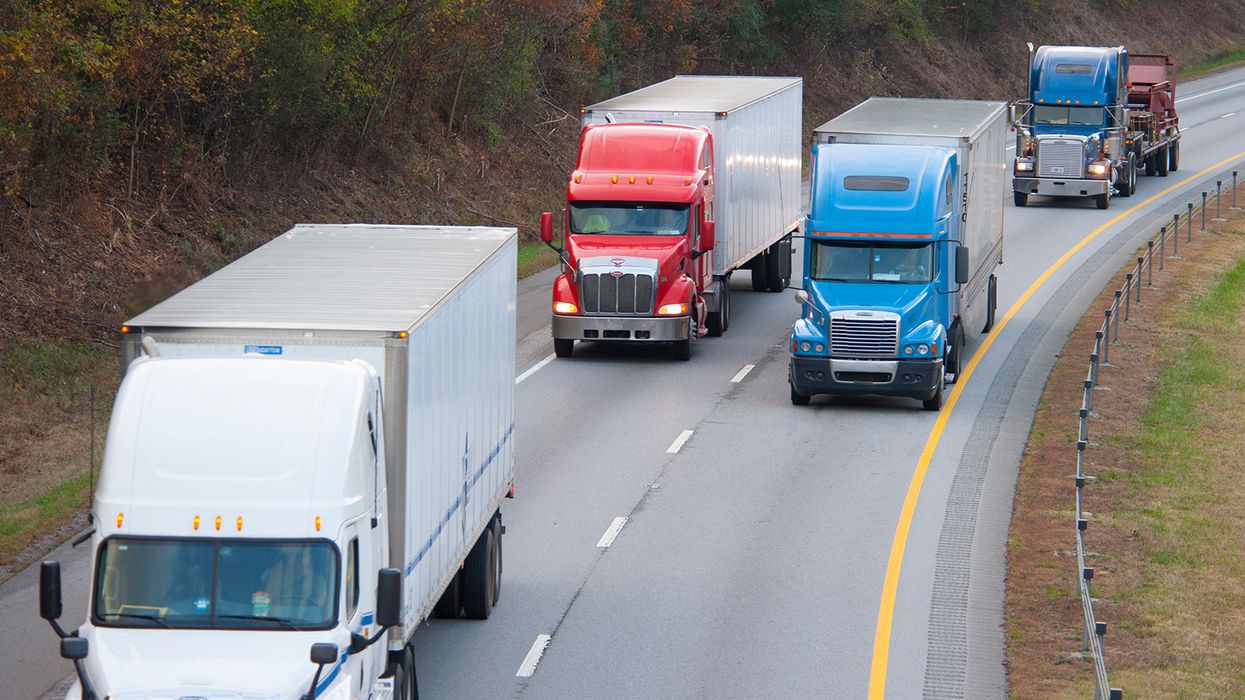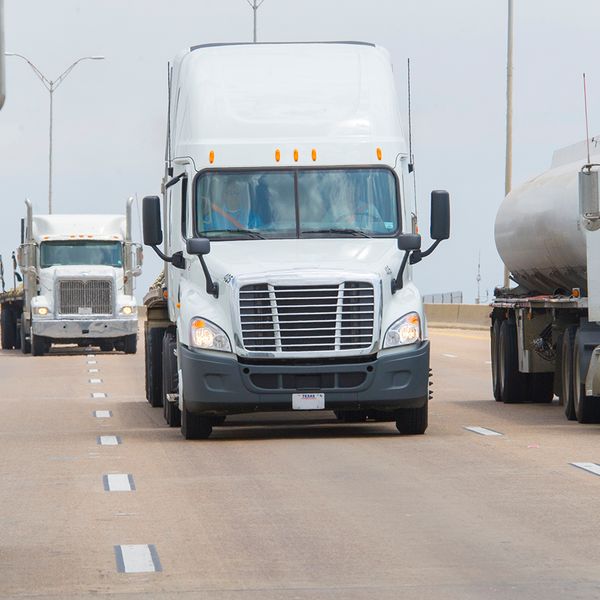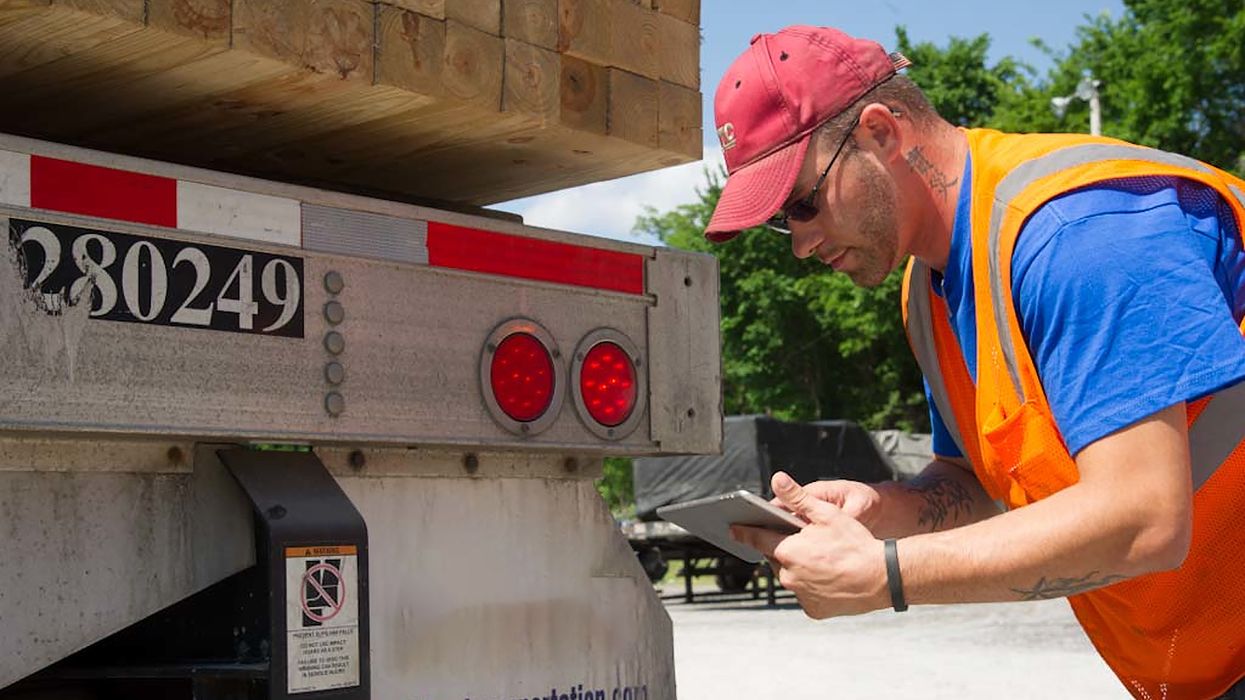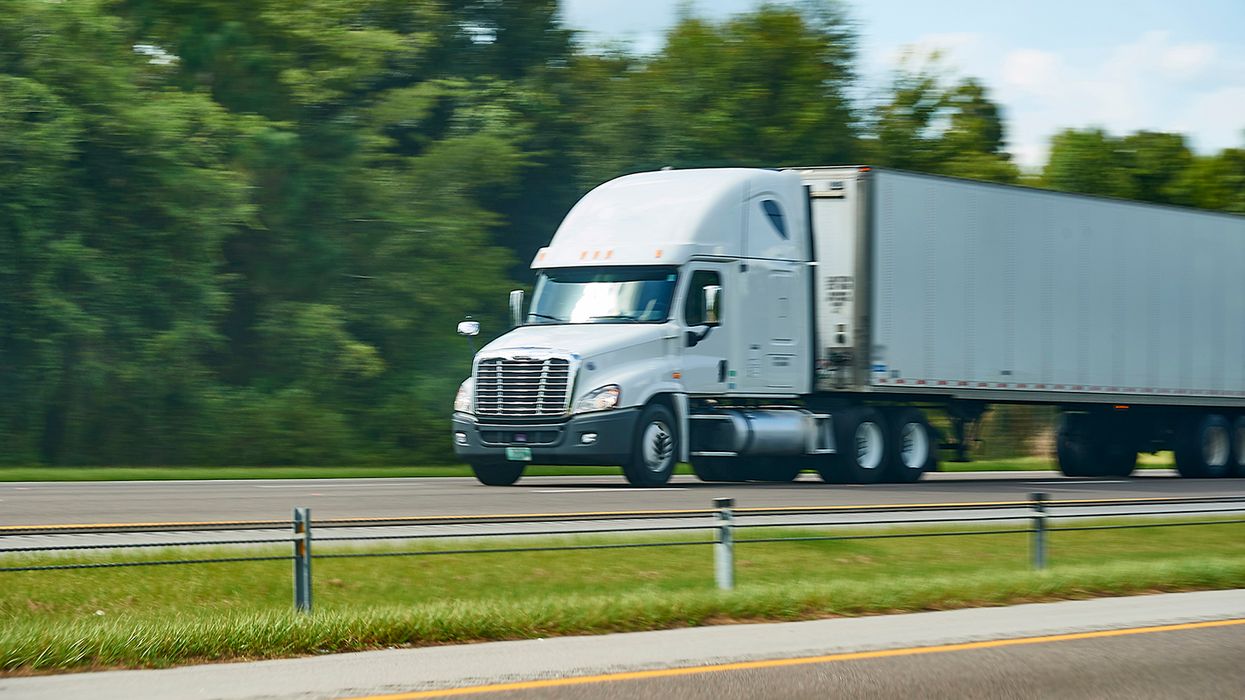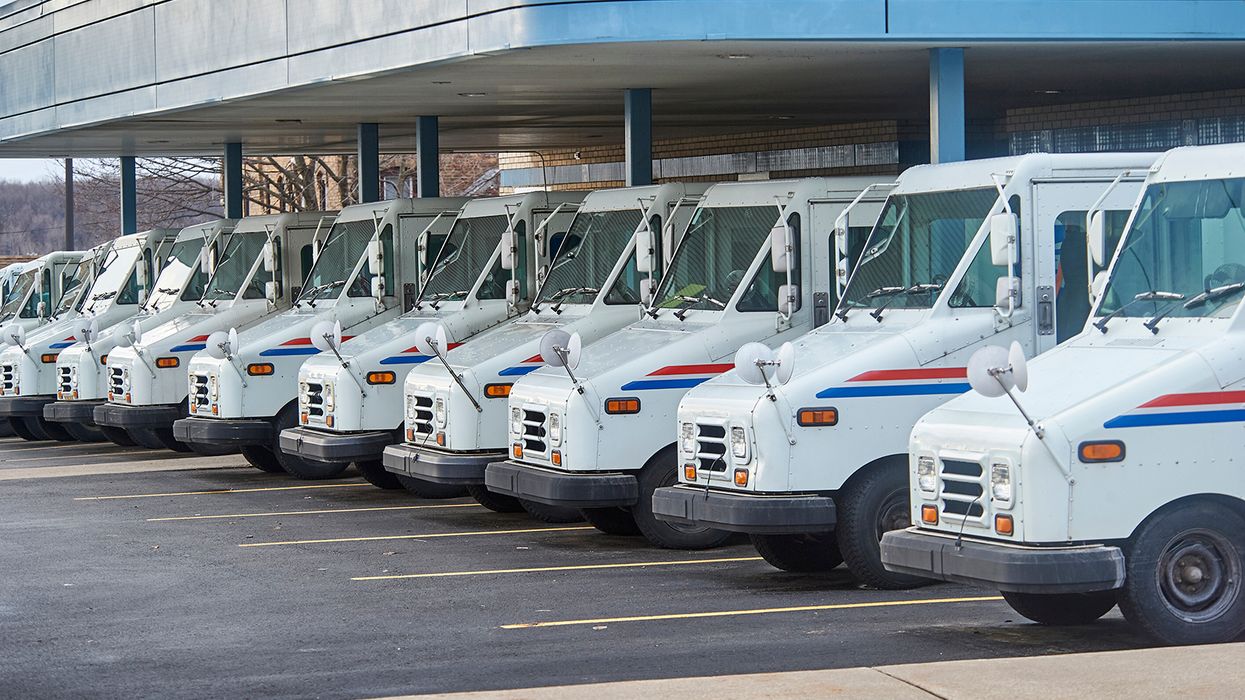EPA proposal challenges CARB’s Clean Truck Check program
The EPA is proposing to partially approve and partially disapprove California’s revision to its State Implementation Plan (SIP), which includes the Heavy-Duty Inspection and Maintenance Regulation (also known as the Clean Truck Check [CTC]).
The regulation applies to non-gasoline heavy-duty vehicles over 14,000 pounds operating in California, including those registered out-of-state or out-of-country.
Purpose of the CTC regulation
The regulation aims to reduce emissions of nitrogen oxides (NOₓ) and particulate matter (PM), which are significant contributors to air pollution and health risks.
Heavy-duty vehicles, though only 3 percent of California’s fleet, contribute over 50 percent of on-road NOₓ and PM emissions.
The rule is part of California’s broader effort to meet federal air quality standards.
Key provisions of CTC
The Clean Truck Check program:
- Requires emissions testing and compliance certification for heavy-duty vehicles operating in California.
- Applies to in-state and out-of-state vehicles, with limited exemptions (e.g., emergency vehicles, zero-emission vehicles).
- Establishes a referee testing network and roadside inspection protocols.
- Requires that proof of compliance be carried in vehicles and test results be submitted periodically.
EPA’s proposal
EPA’s proposal indicates support for the regulation as it applies to California-registered vehicles, finding it consistent with Clean Air Act requirements.
However, the agency notes legal and constitutional concerns about the regulation’s application to out-of-state and international vehicles.
The EPA proposes to:
- Approve the regulation for California-registered vehicles.
- Disapprove the regulation as it applies to out-of-state and out-of-country vehicles.
Public participation
The EPA seeks public comment on the proposal, including:
- The legality of applying the rule to non-California vehicles, and
- Potential impacts on interstate commerce and other states’ regulatory authority.
Comments are due by September 25, 2025. Submit your comments, identified by Docket ID No. EPA-R09-OAR-2025-0061 at https://www.regulations.gov.

